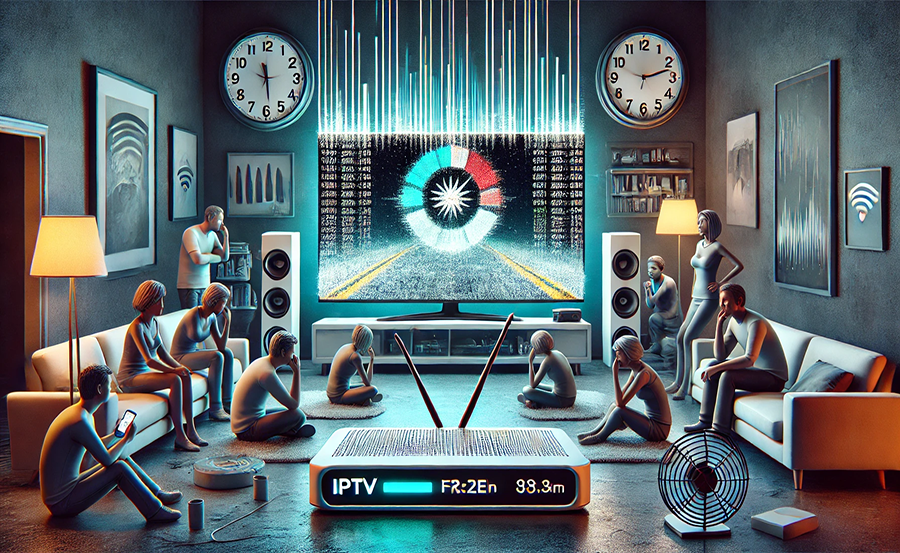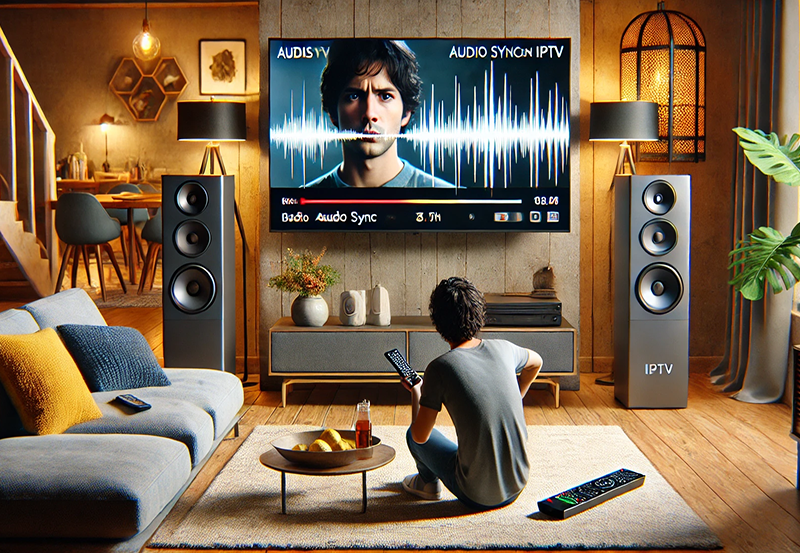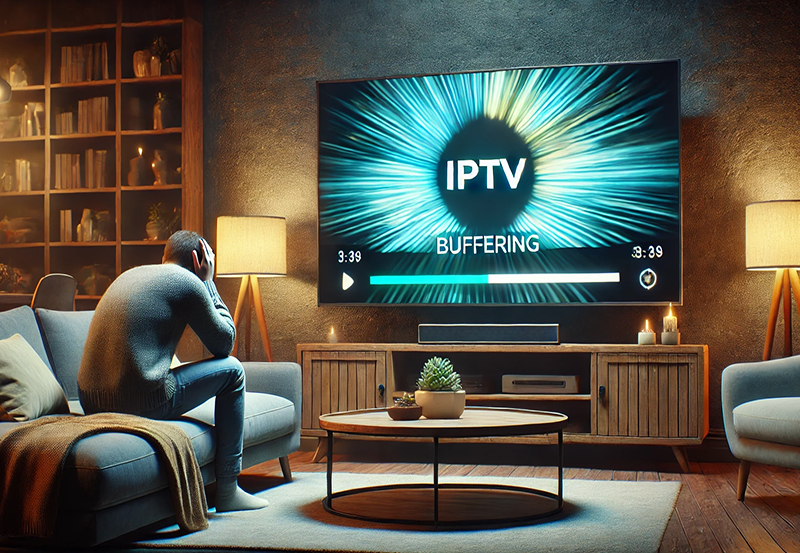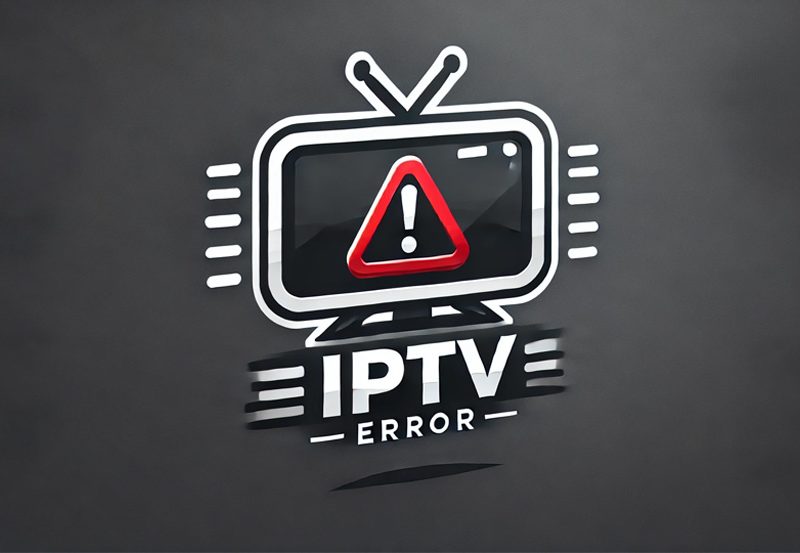In today’s digital world, where convenience and entertainment are intertwined, IPTV—a service that delivers television content via Internet Protocol networks—has become a household staple. Yet, as alluring as the IPTV experience is, it’s not free of challenges. Internet speed is at the heart of these challenges, particularly when it comes to the frustrating issue of stream freezing. Unraveling why this happens and how to mitigate it is crucial for an optimal viewing experience. wants Buy 1 Year IPTV subscruption
Understanding IPTV and Its Growing Popularity
IPTV, short for Internet Protocol Television, has revolutionized the way we consume media. Unlike traditional television, IPTV allows for watching live broadcasts and on-demand content via an internet connection. This flexibility has become a major attraction for consumers, especially in an era where viewing preferences are increasingly diversified.
The Basics of IPTV Technology
IPTV operates by converting TV signals into packets of data, akin to other forms of internet communication. These packets travel through your internet connection and reassemble into video content on your device. Despite the straightforward premise, this method requires a stable, high-speed internet connection to function seamlessly.
Why IPTV is Gaining Traction
The demand for IPTV services has soared due to its versatility and convenience. Viewers can access a myriad of channels and on-demand options without the confines of cables and satellite dishes. Additionally, many IPTV providers offer competitive packages, promoting the best IPTV deals to attract subscribers. Yet, users soon discover that unlocking the ultimate IPTV experience hinges greatly on internet speed and connection reliability.
Internet Speed: The Backbone of IPTV’s Performance
When it comes to IPTV, internet speed is not just a luxury; it’s a necessity. Without adequate speed, viewers may encounter interruptions, which are not only annoying but also disrupt the immersive viewing experience IPTV promises. Let’s explore the impact of internet speed on IPTV functionality.
Defining the Role of Internet Speed
Internet speed influences how quickly data packets are sent and received. Fast, consistent speeds ensure smooth, high-quality streams, while slower speeds can result in buffering and lags, particularly when network congestion occurs. Speed is measured in megabits per second (Mbps), and for IPTV streaming, at least 10 Mbps is recommended for a single stream of HD quality.
The Consequences of Insufficient Speed
- Frequent buffering leading to a fragmented viewing experience.
- Reduced picture and sound quality resulting in viewer dissatisfaction.
Viewers who encounter these issues often attribute the problem to their IPTV providers, without realizing the pivotal role their internet connection plays in delivering a smooth experience.
Tackling Stream Freezing: Practical Solutions
Stream freezing can be a significant deterrent for IPTV users. Fortunately, understanding and addressing the contributing factors can enhance the service’s performance considerably.
Tips for Optimizing Internet Speed
To alleviate stream freezing, users should begin by assessing their current internet package and ensuring it meets the IPTV service requirements. Upgrading to a higher speed package can drastically reduce interruptions. It’s also wise to check for bandwidth leeches—devices in your home that might be consuming excessive bandwidth.
Hardware and Setup Considerations
Optimal hardware setup can play a crucial role in minimizing IPTV buffering. Ensure you’re using an updated modem/router with high throughput capabilities. Positioning the router centrally and within proximity to streaming devices can also help, as walls and obstacles may weaken the Wi-Fi signal.
Enhancing Router Performance
Sometimes, adjusting router settings like channel selection can improve Wi-Fi performance. Many modern routers automatically choose the best channel, but manual selection might be necessary if nearby networks are causing interference.
Assessing IPTV Providers: Beyond Services and Packages
When choosing an IPTV provider, consumers often focus on the variety and cost of services, neglecting the importance of technical support and compatibility with their internet service. Let’s delve into how these factors impact streaming quality.
The Importance of Provider Support
Beyond the best IPTV deals, customer support is vital. Providers should offer robust technical assistance to help troubleshoot issues not only related to streaming content but also network configurations. Ensuring the provider’s infrastructure can handle high traffic periods without degradation in service is equally critical.
Subscribers’ Role in the Experience
Subscribers should be proactive, not only upgrading internet plans but also regularly maintaining their devices and network settings. Understanding the interplay between your chosen IPTV service and your home network setup can prevent future frustrations.
FAQs about IPTV and Internet Speed

Why does my IPTV freeze even with high-speed internet?
Even with fast internet, issues like hardware compatibility, network congestion, or provider limitations can cause freezing. Ensure all network equipment is up-to-date and configured correctly.
How can I measure my internet speed effectively?
Use internet speed test tools available online such as Speedtest by Ookla. It’s advisable to run tests at different times to gauge average speed fluctuations throughout the day.
What is the minimum speed required for 4K IPTV streaming?
To stream 4K content, a minimum of 25 Mbps is recommended to ensure a buffer-free experience. Keep in mind that simultaneous device usage in the household should also be considered.
Are there other factors apart from internet speed causing stream issues?
Yes, apart from speed, factors like Wi-Fi interference, outdated streaming devices, or even the chosen server location of your IPTV provider can influence performance.
What steps can I take if my IPTV still buffers after trying these solutions?
Contact your IPTV provider for support and to ensure their systems are fully functional. They might offer solutions specific to their services that can be implemented on your end.
Can using a wired connection help reduce IPTV buffering?
Yes, connecting your streaming device directly to the router using an Ethernet cable can provide a more stable connection than relying on Wi-Fi, which is subject to interference.
Living in an age where how we consume television has drastically evolved, IPTV presents an enticing proposition. The victories of experiencing seamless viewing, free of the cursory disruptions, rests largely on understanding and optimizing internet speed. With the right know-how, one can master the art of buffering-free IPTV, turning casual viewers into staunch advocates.
How to Use IPTV for Streaming Science Content





